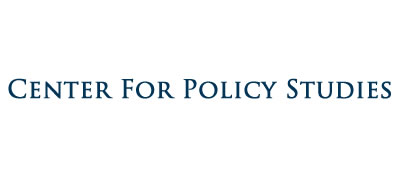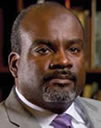
Join a CWRU STUDENT PANEL for a program featuring
 |
Atiba Ellis, J.D.
|
On November 4, 2021, Alabama Governor Kay Ivey signed into law a new congressional map that redrew boundaries for the state’s seven districts. The map included only one majority-Black district, despite the fact that African Americans compose over 27% of the state’s population. Civil rights advocates quickly contested the redrawn congressional map claiming that it violated Section II of the 1965 Voting Rights Act by diluting the voting power of Alabama’s Black population. In January 2022, a panel of three federal judges determined that Alabama’s map violated Section II of the Voting Rights Act. The state of Alabama then accelerated Allen v. Milligan (2023) to the Supreme Court to answer an important question: did Alabama’s 2021 redistricting plan dilute Black voting power and violate the Voting Rights Act?
In a decision that surprised many, the Supreme Court, in a 5-4 ruling, struck down Alabama’s congressional map on the grounds that it violated Section II of the Voting Rights Act and diminished Black voting power. The decision had an immediate impact, with Alabama being required to draw a new map reflecting the state’s demographic makeup. The larger implications of this decision remain to be seen, but with similar cases on dockets across the country, the influence of Allen v. Milligan may be revealed soon.
Atiba Ellis, J.D., is the Laura B. Chisolm Distinguished Research Scholar and Professor of Law at Case Western Reserve University School of Law. A nationally noted voting rights scholar, his primary research focuses on how racial and class-based oppression interact continues to abridge and deny the right to vote to communities on the margins of American democracy. His work has analyzed voter identification laws for their socioeconomic effects, situated felon disenfranchisement laws as enforcing a political underclass, analyzed the theoretical scope of the Citizens United decision and described the ideological drivers of vote suppression. His work is interdisciplinary in nature, spanning doctrinal legal analysis, critical political theory, race and the law, legal history, and innovative legal pedagogy.
Professor Ellis’s current research focuses on how ideologically driven conceptions of “wrongful voters” diminish the right to vote. He has also written on critical legal theory and legal history. Moreover, he is currently working with his co-authors to publish a new edition of the late Derrick Bell’s foundational textbook, Race Racism and American Law.
Program planned by the 2023 CWRU Society for Constitutional Policy:
Christopher Batarseh, Hannah Bolender (secretary),
Catherine Feng (risk manager), Sakthurien Kumar (vice president),
Jonah Ledet, Kelly Mallon (president), Cameron Page (treasurer)
Faculty Advisors: William Doll, Andrew Lucker,
Laura Tartakoff, and Joe White
Sponsored by the Office of the President,
Office of Government and Community Relations,
Department of Political Science,
Center for Policy Studies, and School of Law
A reception will follow in the Mandel Center Building Inner Lobby.
